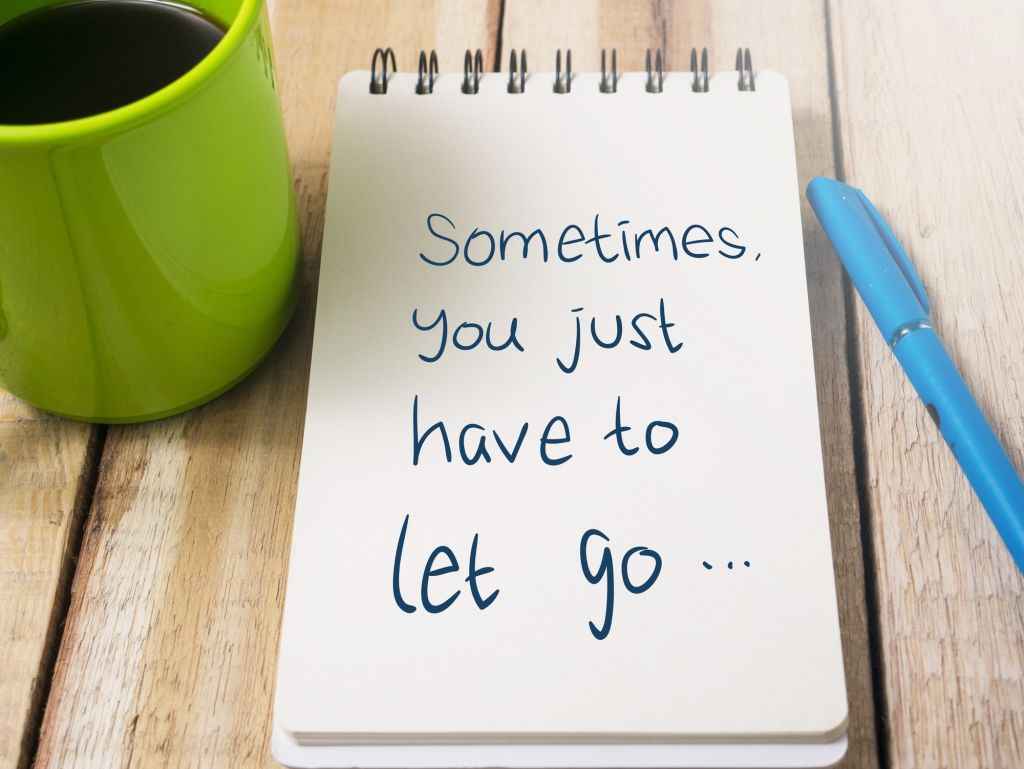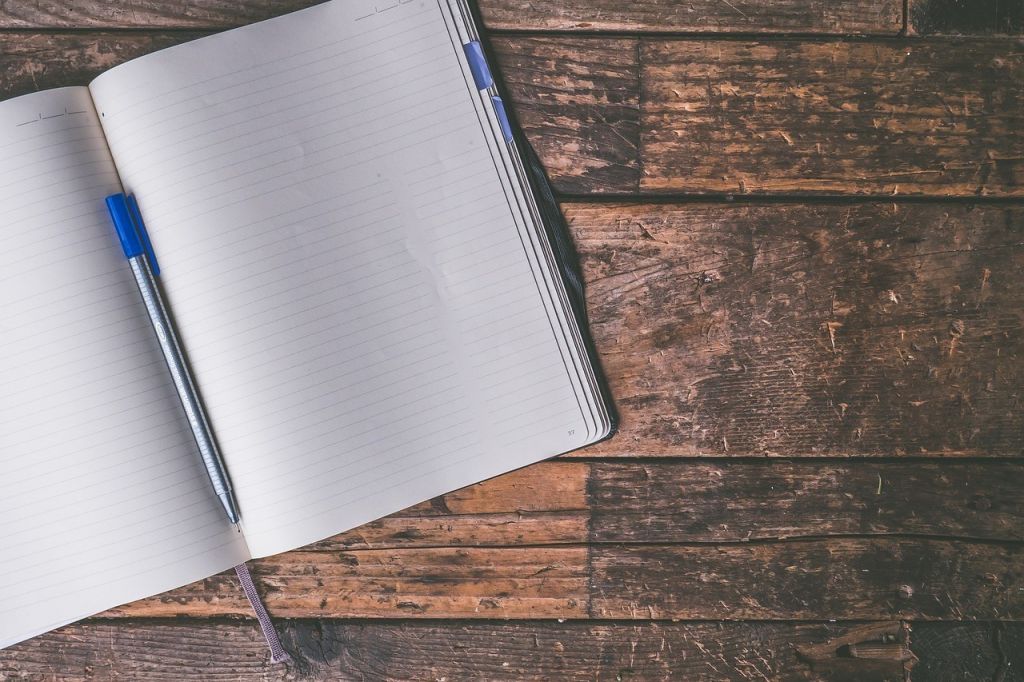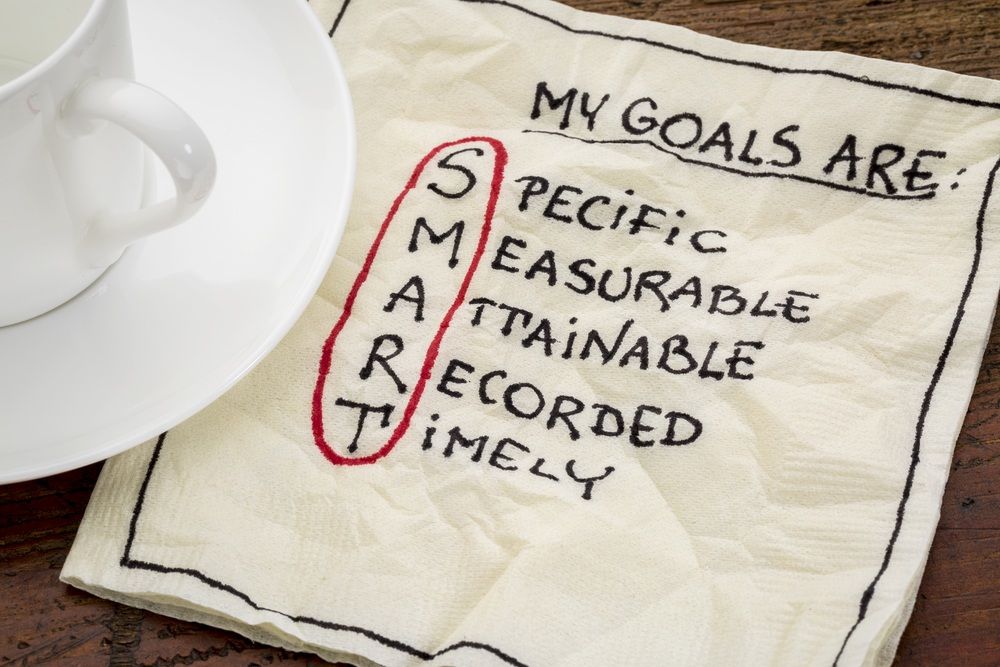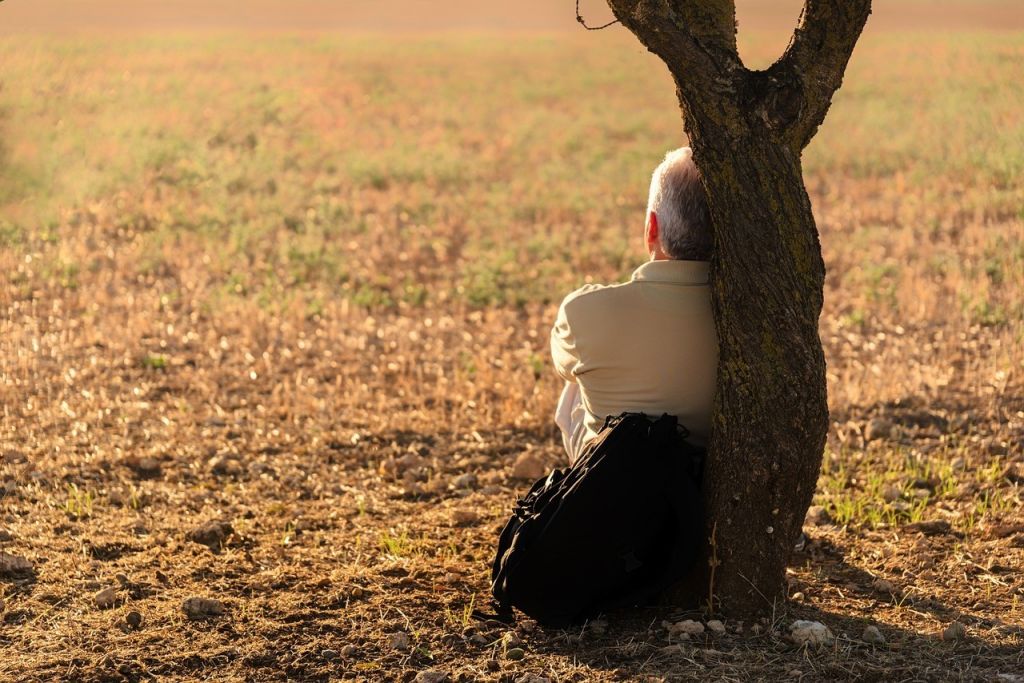- in Mental Health , Mindfulness by Tony
- |
- 2 comments
Cultivating The Art Of Mindfulness

You might have noticed that the word ‘mindfulness’ is quite ‘in’ at the moment; very trendy.
Courses on the topic have increased dramatically, articles have been published, and workshops offered.
So what is mindfulness then?
More...
You might have noticed that the word ‘mindfulness’ is quite ‘in’ at the moment; very trendy. Courses on the topic have increased dramatically, articles have been published, and workshops offered.
It is the habit of giving attention consciously to things going on around you; it is being aware of all the things you do every day, like eating, breathing, speaking, moving.
Mindfulness today, is such a hot topic, that according to Professional Psychology: Research and Practice, it is the future trend for treatment in clinical psychology,
The practice of mindfulness has become popular internationally over the past decade, but in fact, its roots go back around 2500 years of Buddha origins. In the stressed-out world we live in today, doctors’ advice is often: meditate.
By that, they mean the meditation that is based on Eastern forms of meditation such as Zen meditation, yoga, Hindu and Chinese meditation, and guided meditation, all with their origins in Easter and new age religions.
Biblical meditation is something quite different and any Christian disciplines which are mixed with any other religions go completely against Christian practice.
You can choose to be mindful based on mindfulness from Buddhism origins or on mindfulness, based on Christian origins.

There is a need for mindfulness
Maybe you have experienced the realisation that you might have eaten an entire meal without even having really tasted; because your mind was not there, it was somewhere else.
You lost the opportunity of tasting delicious food and savouring it.
Even though our bodies function in the immediate present our minds don’t have that limitation. Our minds are capable of wandering, a lot, and therefore we miss out on such a lot. The richness of experiences and the magnificence of our universe - the need of someone who is in pain.
All these things get lost in the noise of our unfocused thinking. All our thoughts of the past and the future can be bothersome with their over-abundance of facts and distractions which lead us away from daily activities we cherish so much.
When we miss out on experiences, beauty, other people’s conversations, we miss out on more than moments and missing out on life.
2014 was the year when the world heard plenty about meditation and topics such as “mindful meditation cures everything.”
In Buddhism, you will learn that suffering is a state of mind which according to Buddhism, can be overcome. All you have to do is mentally and emotionally detach yourself from whatever is causing the suffering.
Detachment is achieved by emptying your mind of thought but unlike Buddhism and secular mindfulness meditation, which is based on emptying the mind, Christian mindfulness, on the other hand, is designed to fill the mind in its search for God, his kingdom and righteousness.
The aim of Christian mindfulness and meditation are not aimed at detaching yourself from suffering, but to attach your very deepest self to God.

In Biblical times, mindfulness was actually challenging for the people living back then, and today, for us, it is even harder to manage in this age of distraction.
Many of us live hectic, complicated lives that are crammed with work and looking for work. We are caring for our children, we are taking care of our aged parents, and we are commuting backward and forward, and worrying about money and health issues.
To crown it all, our cell-phones are competing with all the other demands for our attention. We are in the habit of multi-tasking ineffectively whilst at the same time we are “future-tripping.”
- speculating about the future or trying to be happy as we think about some future state. We constantly allow our minds to drift into the future, being carried away by our worries, making us unable to live happily in the present moment.
Deep down, we think we can’t be happy yet, because we still have a few more boxes
to tick before we can sit back and enjoy life. So we dream, we speculate, and we strategize, and plan for set conditions for our set happiness in the future, continually chasing into the future.
We might have fears about the future because we are not sure how it will turn out and all these anxieties and worries keep us from enjoying the now.
But unfortunately, the more we think about what is going to happen in the future, the less likely we are to take the action to actually make it happen.
Live in the present

You will not be able to pay attention to your present life if you are worried about the future. In fact, Christian mindfulness includes paying attention; doing one thing at a time; refraining from entertaining “future tripping” and carrying baggage.
Paying attention to the now involves effort and trust and mindfulness allows us to see what is really going on around us and responding to those realities. You need to be completely aware of the flow of life in your own body.
Real mindfulness shuts outs the petty distractions, It diminishes worry, it is opening ourselves up to what is happening around us at the moment.
It was Mother Teresa who said that each moment in our lives is all we need, not more than that.
Mindfulness is practised in the now but operates for our future. Here are some practices for you to try that contribute to mindfulness.
Try them out for 30 days and notice if anything changes about how you approach your living:
Do physical exercises and activities that really absorb your attention. Use your body in ways that totally engage your mind so that you retrain your mind.
Make some regular times for doing some crafts, for your sports, for bathing, for cleaning, for eating something you love that is delicious – it is using your body by enticing your senses so well that the time passes by without you even noticing.
Try and avoid those activities that distract your mind because it is your mind that you are trying to retrain by using your body.
Meditate: Meditation is able to renew the spirit and the mind. It can train us, over time, to release all the distracting thoughts that occur to us during a normal day and to refocus on what matters.

The thing is, the world we live in today has taken away our abilities to realise all the truly wonderful things we should be thankful for.
Mindfulness helps us to see those things that we have just unconsciously neglected. Our hectic daily routines and busy schedules in our lives contribute towards us forgetting where all the good things come from.
When we are mindful, we become calmer, which saves us from trouble and helps us be more productive without making those unnecessary errors. It is often that we make bad mistakes and decisions just because we weren’t mindful enough to notice the small subtleties occurring around us.
When we practice mindfulness, we even become more aware of and understand our own emotions better as well as our physical being. This leads on to happier and healthier lifestyles and minds.
Let’s continue with some more simple practices to do every day to become more mindful:
- How you breathe: Just take a couple of seconds of your day to take notice of how you breathe. Inhale longer than you usually do, taking just as long to exhale. Often we act, based on our emotions, and this can often get us into unwanted outcomes. Practising these breathing techniques helps you to calm down, whilst taking note of your emotional and physical state.
- What you see in the mirror: What you see in the mirror is your facial expression. Notice how you look when you smile and frown and when you are angry. Doing this will help you to adjust better to your reactions towards others when you deal with them.
- Savor your meals: It is a good idea to focus on your chewing while you are eating. Put your phone aside, turn off the television and really look down at your meal, noticing what food it is, and enjoying all the bites. You will not only help your digestive system, but you will also be aware of your current actions and appreciate the food you are putting into your mouth.
- Soothe your soul: Beautiful soothing melodies can relax you when you really listen. Lie down or sit in a comfortable place and position and then close your eyes, allowing the music into your soul. Soothing melodies clear the mind and thoughts after stressful moments and days. Music, ultimately, is a spiritual issue and in 1 Samuel 16:14–23 it is communicated that truly good music has the power to relieve physical and spiritual suffering.
- Read a book: Reading takes a lot of focusing and can transport you into wonderful places; it allows you to meet wonderful people, it relaxes your mind and body as well. Books pass on useful knowledge and help you to meditate too. As you go throughout the words, you are actually practising mindfulness at the same time.

-
Take a walk: Our legs take us backward and forward every day throughout our lives, for most of us. If you are able to go for walk, it gives you the chance to show gratitude to your legs and your body and at the same time appreciate
the wonders you see around you. Taking a long and brisk walk does wonders for the body and clears the mind too. - Organise at home or work: Clear up and clear out at home or work if your space is in disarray because it can cause a lot of stress and anxiety. When you start getting it cleared, you are already simply starting to reduce the stress and improve on the quality of your life. As you pick up this and put away that, you are practising mindfulness as you consciously observe each object and observe where you place it and organise it.
- Write a journal: Those who practice writing in a journal are known to reap physical and emotional benefits; that’s according to research. It has the potential of increasing longevity. When you share your thoughts in a journal, you are helping to reduce worry and depressive symptoms because you are clarifying your emotions and thoughts, you are ‘talking’ about them and that helps you better understand yourself at deeper levels.

- Cook a meal for yourself: The lovely aromas of baked goods and warm, comforting and uplifting meals have beneficial effects on anybody’s mood. It is homely and comforting and it draws us in. Even the process of chopping vegetables, stirring, cutting, smelling, and tasting all have therapeutic benefits that take the edge off stressful times.
- Be Smart, start with small daily goals: Break your bigger goals down into smaller ones where you can achieve the smaller things on a daily basis to get to the final goal.
- Acknowledge your small goals when you achieve something meaningful for yourself.

- Observe those around you: When you take time to notice and observe the people coming and going around you, you are practising mindfulness. Previously, you might have seemed oblivious.
- But now, you start to get an idea of varying perspectives and it raises your awareness as you notice the norms and values of all the different types of people.
- Help someone: Research shows that those who focus on helping others and living for others lead very successful lives, actually showing lower rates of stress and depression. Simple gestures like helping the family, helping old people in dire need, helping animals; does wonders for not only the people you show kindness to but does wonders for your own self-esteem. It gives you an awareness, a mental awareness of leading a purposeful life.
- Let your hair down a bit and laugh! When you laugh, you release endorphins and this brings in more energy and oxygen into your body, improving your immune system. Humour in life invites more oxygen and energy into your body. When you are laughing you are laughing at something; you are enjoying something. Being present in the situation is the key to mindfulness.

- Create some art: When you engage yourself with creative works like art, or baking, or crafting, you quieten your mind, focusing on the tasks at hand, improving your mindfulness practices.
- Switch off devices: Every once in a while, switch off your devices that you are so ‘linked to’ and engage with the world around you, the beautiful nature around you. Talk to somebody without cell-phone in hand; have a meaningful conversation with someone. You will find you feel much more productive after just a small break away.
- Give genuine compliments: Give someone that you know a genuine compliment once a day, a specific compliment. When you practice noticing what other people are doing well around you and you give genuine compliments, you add warmth, intimacy, and responsiveness your relationships with them, seeing a beauty in them.
Expect to become more mindful with practice

You can expect, in being mindful, to notice more things, and this will include painful things too. That’s progress. You are increasing mindfulness for all things.
When you start seeing painful things too, you will begin containing kindness and compassion as you contribute with open-hearted awareness to the experience that is unfolding. By practising being present and not turning away from the pain in your life, you remain open to all situations with all their possibilities, increasing your chances for healing and transformation.
You will discover that mindfulness qualities aren’t destroyed or damaged with pain, that pain is like all the other experiences.
Don’t try too hard with your practising of mindfulness.
Don’t try and make things happen.
Rather just relax and pay attention to just what is here right now.
Allow yourself to experience life each day as it unfolds before you, being open-hearted and attentive.
Top qualities that come with mindfulness

You focus on the present moment.
Sometimes our thoughts get completely lost when we worry about the future, and we learn to bring them back to what we are experiencing right now. We remain open to how things pan out in the now rather than conjuring up preconceived ideas about how things will or should turn out.
- You are fully present, fully aware of whatever you are experiencing in the present moment, going through your daily life. It is what you are seeing, what you are doing, what you are hearing - right now.
- You become open to experiences. Instead of fearing your own feelings because you believe you can’t handle them; you curiously welcome thoughts and feelings that arise naturally, knowing that each moment can be different.
- You are non-judgemental because you don’t categorise your thoughts and feelings into good and bad categories, or feel that you just have to act on them. You watch out for and accept whatever arises, with a non-judging attitude toward people and things.
- You accept things as they are without trying to change reality to fit what is in your mind, like being a victim, bemoaning how life has been unfair to you. You accept others, knowing that they are the best judges of what will be right for them.
- Connections: You feel connected to all living things and that includes nature. You are grateful for the circle of life and what nature offers in the way of beauty, food, and protection.
- Non-attachment: You don’t try to cling to people for your life or to things. You learn to surf the waves of life, confident in your ability to adapt because you know that when one door closes, another one opens.
- Peace and equanimity: You don’t let yourself get swept up in the low and high tides because you know you can’t see the whole picture all the time. When things aren’t going your way, you are cool, firmly rooted in your clear vision and path, and values. You have a peaceful heart, a heart that is non-violent and non-harming.
- Compassion: You are kind, gentle, and patient with yourself and others, instead of condemning and judging.
- You open your heart up to try and listen to and understand other people’s needs, experiences, and suffering. You love people not because of what you can get from them, but because you are in empathy with their experiences.

All of us have an innate desire to be aware, but most of our minds are untrained, so we do not make use of our attention span optimally. How often are we drawn into Facebook or surfing the web online while we are trying, or should be busy on a work project?
It diminishes our effectiveness and our concentration.
Mindfulness trains us to be aware of the impulses of distraction, but we remain steady and don’t react to them.
The key to mindfulness is awareness – that is your secret ingredient to achieving less stress and a peaceful state of mind.
Start cultivating mindfulness today and see how your body and mind will thank you.










[…] people believe in and swear by meditation and mindfulness – which have been shown to reduce high beta levels in the brain, to allow it to function at a more […]
[…] the symptoms of depression and anxiety sufferers using new and emerging strategies. Meditation and mindfulness have both gained in popularity over recent years, and both have plenty of research to back up their […]